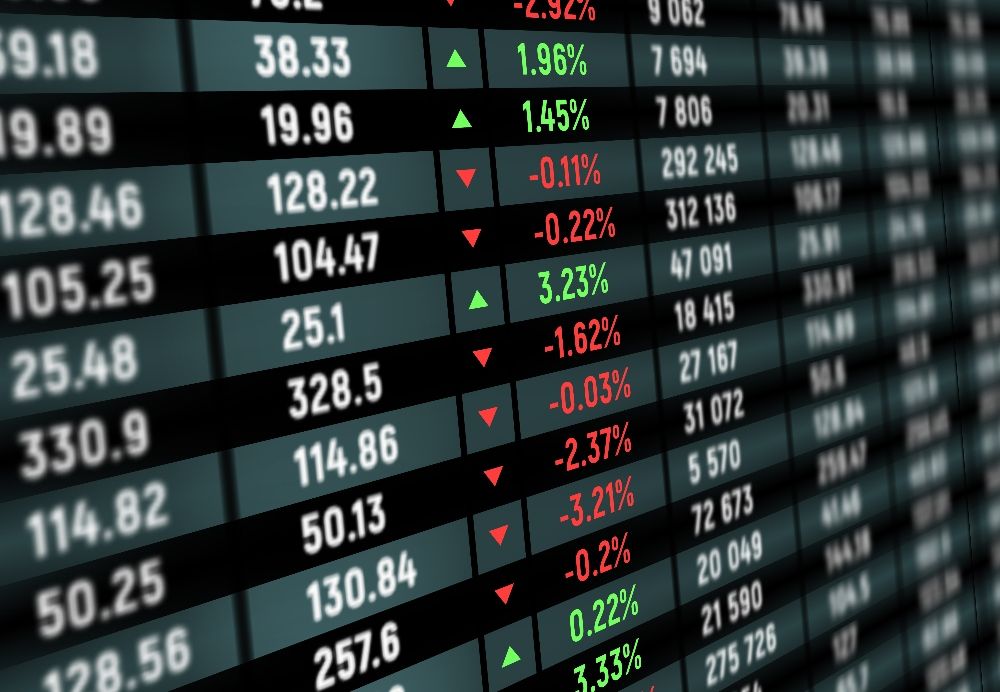On Monday, the pan-European Stoxx 600 index had fallen by around 0.75%, creating a challenging environment for investors.
Most sectors and major exchanges were hit severely, with automobile stocks falling the most, down 3.7%.
Stellantis, the automotive powerhouse behind brands like Dodge, saw its shares fall by 14% in a particularly noteworthy development.
This steep decrease was caused by the company’s decision to lower its yearly guidance for 2024, citing worsening “global industry dynamics” and increased competition from Chinese competitors.
This statement caused a rippling effect throughout the automobile industry, resulting in falls for other businesses such as France’s Renault, which fell by approximately 4.7%.
Other German manufacturers reported losses, with Porsche down 4.4% and Volkswagen down approximately 2.3%.
Rightmove suffers from failed bid
Rightmove shares fell 8.7% on the UK market after Rupert Murdoch’s Australian property firm, REA Group, said that it would not pursue its acquisition of the country’s largest property portal any further.
Rightmove has previously rejected REA Group’s fourth buyout bid, claiming it undervalued the company.
This news exacerbated the turbulence in the UK stock market, leading to the overall decline in European shares.
Mixed reactions to positive data from China
The poor performance in European markets follows a recent run that saw the Stoxx 600 reach a new high, fuelled primarily by China’s announcement of stimulus measures aimed at revitalizing its economy.
However, investors in the Asia-Pacific region reacted with mixed emotions.
Stocks in mainland China rose more than 8%, while Japan’s Nikkei 225 fell nearly 5% as investors absorbed key economic data.
September’s official purchasing managers’ index in China was 49.8, slightly higher than expected but still indicating a sixth month of contraction in the manufacturing sector.
Meanwhile, figures from Japan suggested a year-on-year industrial production decrease of 4.9% in August, a significant flip from the moderate 0.4% in the prior month.
Easing inflation in Germany
On the European front, preliminary data showed that Germany’s harmonized inflation rate fell to 1.8% in September, down from 2% in August.
This was better than the anticipated 1.9%, hinting at a potential easing of inflationary pressures that could shape market sentiments in the upcoming weeks.
As the last trading session of September unfolds, the mood in European markets remains one of caution, with various external factors significantly influencing the path ahead.
Investors are closely monitoring both domestic developments and international economic signals in their quest for stability and recovery.
UK house prices show fastest growth in two years
In the UK, house prices saw their fastest annual growth in two years, climbing by 3.2% in September, as per a report from mortgage lender Nationwide.
This was an increase from 2.4% in August and represented the highest rate since November 2022, even though economists had anticipated only a 2.7% increase. On the other hand, the UK economy experienced slower growth than expected during the second quarter.
Estimates indicate that the gross domestic product (GDP) grew by 0.5%, which has been revised down from an earlier estimate of 0.6%, contradicting economists’ predictions that the figure would be confirmed at 0.6%.
The post European shares see a rough start to the week: Stellantis drops 14%, Rightmove falls 8.7% appeared first on Invezz

